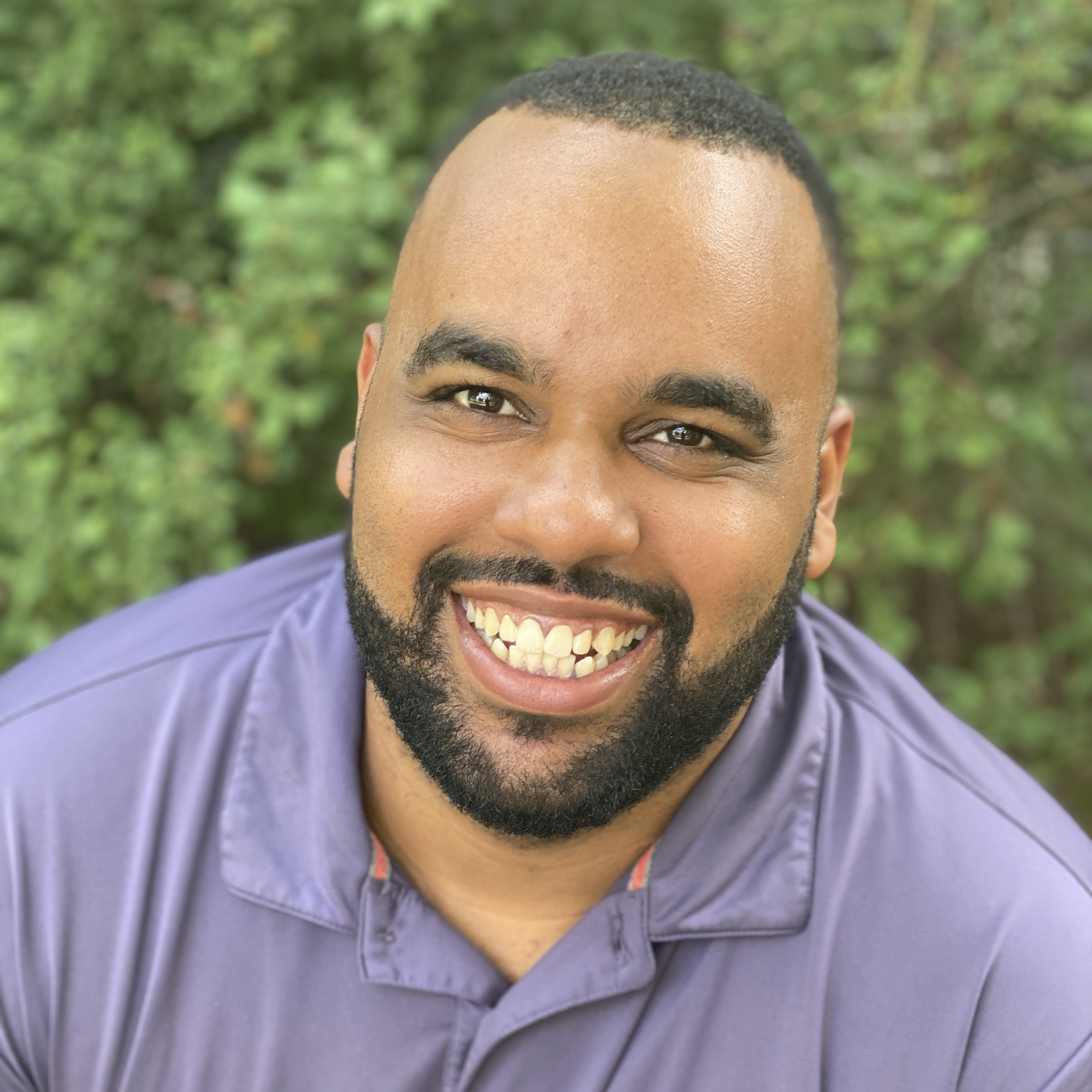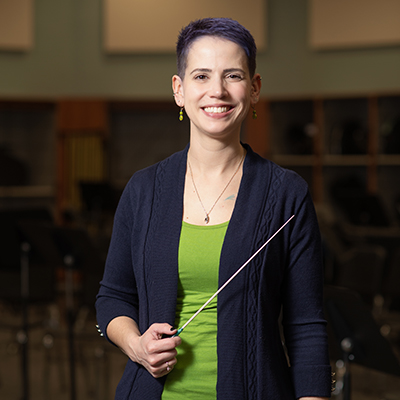The Future is Now: Remember to Help Yourself
An old adage in education says if you can make it to Thanksgiving break, you can make it to the end of the school year. We’ve passed that milestone, but things might not feel better. If so, you are not alone.

Most teachers are familiar with trauma-informed practices and are helping students learn strategies to support resilience. But what happens when you, too, are experiencing trauma?
This year, sub shortages, parent demands, and student struggles are compounding demands of a challenging job. Add in your own personal concerns, and it may be time to turn your trauma training inward.
Acknowledge your trauma and its effects. Perhaps you are less patient than normal, avoiding activities you used to enjoy, or struggling to make decisions. These are normal reactions.
Michigan New Educators (MiNE) Coordinator Anthony Barnes, a special education teacher in Kalamazoo, says he normally views his life as an arc with job challenges on one side and personal life on the other side, both meeting at a keystone of work-life balance. Now the keystone is starting to crumble, he says. Strategies such as mindfulness cannot compensate for current levels of pressure.
One theory about fostering resiliency is the Circle of Courage, drawn from Native American traditions, suggesting four elements of life balance. Consider focusing on these elements as a guide.
BELONGING—Surround yourself with people who support and understand you. Connect with MiNE to network with other early career educators. This group offers book studies and Affinity Groups where participants meet virtually to develop teaching practices and support each other.
MASTERY—You are good at your job and doing enough. People will always ask more of you, and this year it feels as if students need so much more support. But doing too much at your own expense won’t help in the long run. Know when
to leave your work and return to it refreshed.
INDEPENDENCE—Understand that you are more than an educator. Choose to set and adhere to boundaries. If you commit to stop working at 5 p.m., then resist the urge to do one more thing when that time arrives. Read for enjoyment.
Watch mindless television. Go for a walk and listen to a podcast. Students need downtime to relax and regenerate. You do, too.
GENEROSITY—You are generous and giving to others. Remember to advocate for yourself as you do for students. Take a page from your accountant; she isn’t up at night worried about your taxes. Stop listening to a culture that values work above health. The calling you felt toward
a meaningful career does not justify unsustainable hours and toxic stress. Be kind to yourself.
MiNE is here to help. Follow us on social media. Reach out to us to help you network with others. Join us for our Aspiring and Early Career Educator Conference next March 19, designed to support you while giving you practical tips for the classroom.
There is a reason that flight attendants on an airplane tell you to put on your own oxygen mask before you help others. You have to save yourself to save anyone else.


